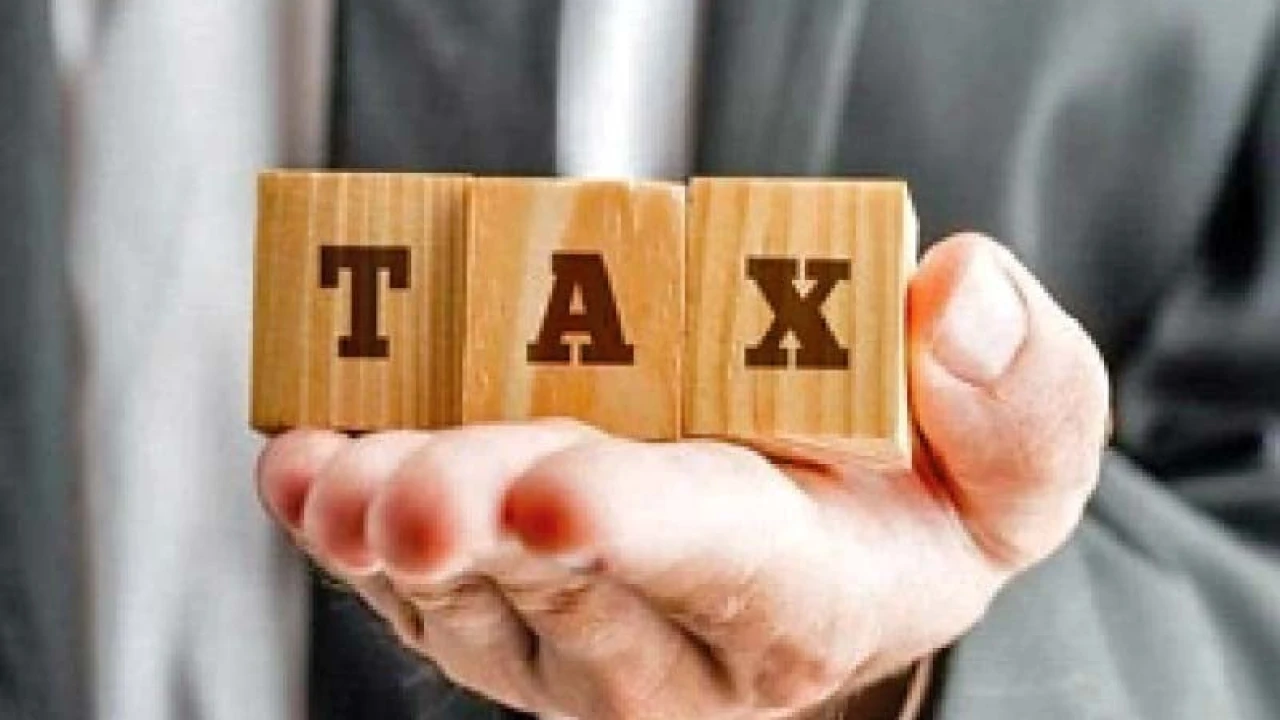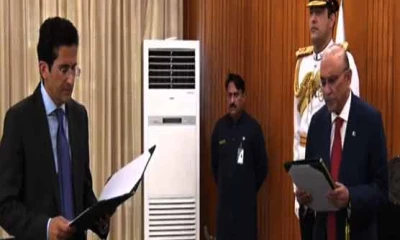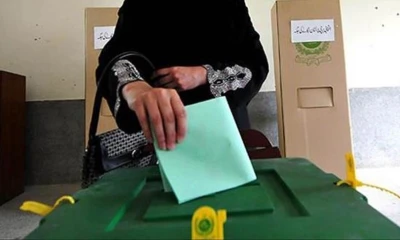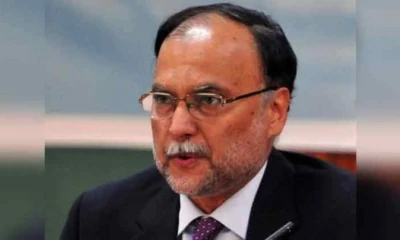Business
Pakistan’s progress on tobacco taxation still falls short of WHO guidelines
The WHO recommends that the tobacco excise taxes should be at least 70 percent of the retail price.

Islamabad: Pakistan made significant progress in raising tobacco taxes but the country still falls short in fully implementing World Health Organization (WHO) recommendations aimed at both saving lives and curbing tobacco use.
The WHO recommends that the tobacco excise taxes should be at least 70 percent of the retail price.
According to details, there is a two-tiered system of Federal Excise Duty (FED) on cigarettes. Following the increases during 2022-23, current FED share in retail prices stands at 48 percent and 68 percent respectively for low and high tiers.
The Global Tobacco Index said that Pakistan has been a Party to the WHO Framework Convention on Tobacco Control (WHO FCTC) since 2005. Progress has been achieved in enforcing tobacco control measures; however tobacco industry interference has resulted to weakened policies.
The Global Tobacco Industry Interference Index 2023 has ranked Pakistan at 32 position and noted that tobacco taxes, as a percentage of the retail price, stood at 61 percent whereas the global standard is at 70 percent.
“We urge the government to align its policies with WHO recommendations and save lives,” said Malik Imran Ahmed, Country Head of Campaign for Tobacco Free Kids (CTFK).
In its latest policy paper, “Recovering Healthcare Costs and Saving Lives”, the Social Policy Development Centre (SPDC) has proposed a 37 percent increase in FED in the next fiscal year’s budget.
The SPDC estimates that the country can save 265,000 lives, generate an additional revenue of Rs 37.7 billion and push 757,000 people to quit smoking through increasing the FED by 37 percent.
Pakistan has already suffered a staggering loss of Rs 567 billion in revenue over the past seven years due to the influence of cigarette companies lobbying against tax increases.
“Pakistan direly needs robust implementation of WHO recommendations,” said Maryam Gul, Director, Center for Research and Dialogue (CRD).
He said that Pakistan still trails behind regional countries and the rest of the world, due to low cigarette prices.
Pakistan is among the country where smoking has high prevalence. The data shows that a staggering 31.6 million adults—equivalent to nearly 20% of the adult population—use tobacco products in Pakistan.
Alarmingly, tobacco consumption is responsible for approximately 160,000 deaths annually, accounting for a considerable 1.4% of the country’s GDP in healthcare expenses each year.
-

 Regional 5 hours ago
Regional 5 hours agoIntermediate exams postponed in Sindh due to heatwave alert
-

 Pakistan 2 days ago
Pakistan 2 days agoNewly elected MNA Ali Pervaiz takes oath
-

 Business 1 day ago
Business 1 day agoPrices of gold go extremely high today
-

 Pakistan 2 days ago
Pakistan 2 days agoAfter Imran’s photo leak, mobiles banned in SC
-

 Business 2 days ago
Business 2 days agoGold price dips by Rs600 per tola
-

 Pakistan 22 hours ago
Pakistan 22 hours agoPolling for NA-148 Multan-1 by-election today
-

 Pakistan 1 day ago
Pakistan 1 day agoIn PML-N huddle, Nawaz Sharif deplores past 'injustices'
-

 Pakistan 1 day ago
Pakistan 1 day agoPresident summons Senate session on May 21



























